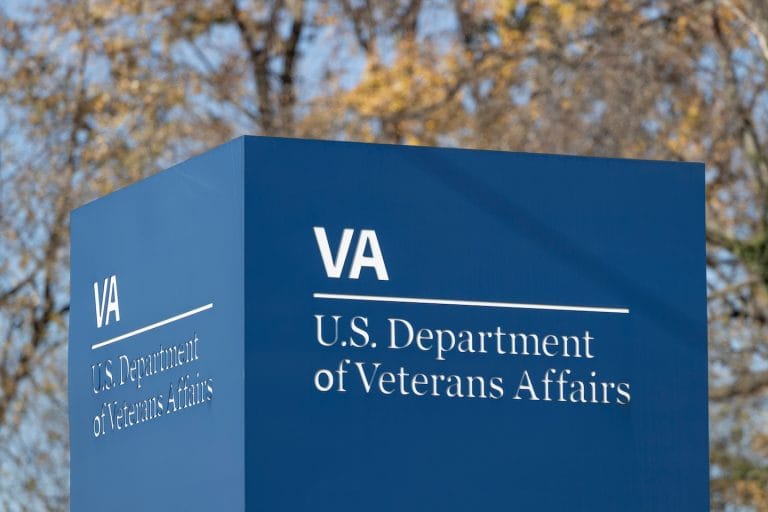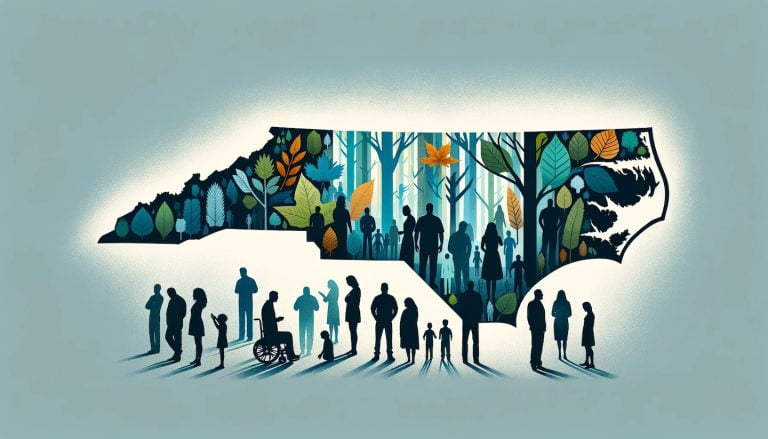
We Work With Most Insurance Companies
Insurance coverage will vary across plans, fill out our insurance verification form and we'll provide you with all the details.

Need more support than weekly therapy but can’t step away from life? See how IOP treatment works in Cumberland County, NC.

The VA provides drug addiction support through various services. Explore your options and take the first step toward recovery.

May is Mental Health Awareness Month — the time of year when we check in on each other and ourselves to ensure we are…

Shatter myths about addiction during National Drug and Alcohol Facts Week. Get the facts, fight misinformation, and learn the science behind substance use.

Is addiction recovery one of your goals for the new year? Let’s make it happen together at Otter House Wellness!

Struggling to find the right center for addiction or mental health treatment? Here are some steps to take if previous treatment centers haven’t worked.

Wondering if you can use the Family Medical Leave Act for rehab? Discover eligibility, application steps, and what FMLA protections you have.

This Pride Month, discover the challenges faced by the LGBTQ community, including higher addiction rates, and the importance of inclusive care.

Learn about the addiction treatment cost in Asheville and find resources to manage costs effectively for comprehensive recovery.

Explore the scope of addiction in North Carolina. We dive into the statistics of those facing addiction in North Carolina, and more.

Insurance coverage will vary across plans, fill out our insurance verification form and we'll provide you with all the details.